
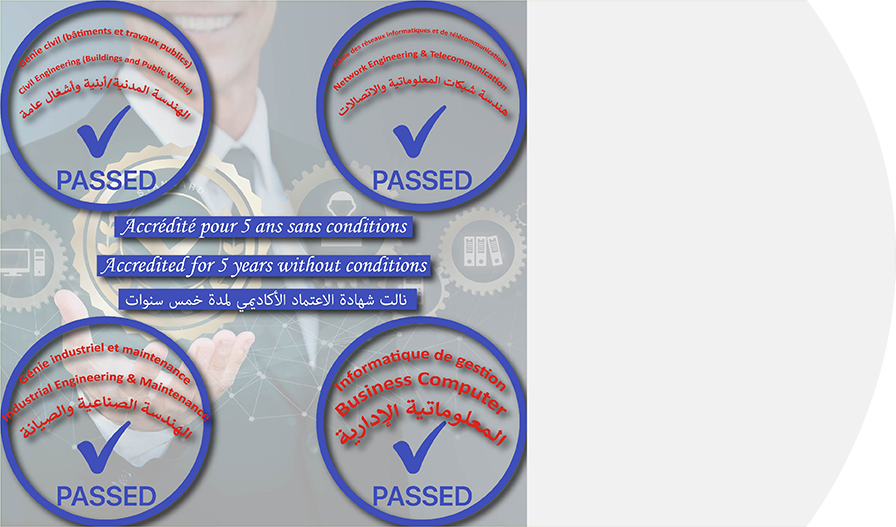
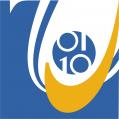
Faculty of Technology
The Faculty of Technology obtained HCERES for its undergraduate programs
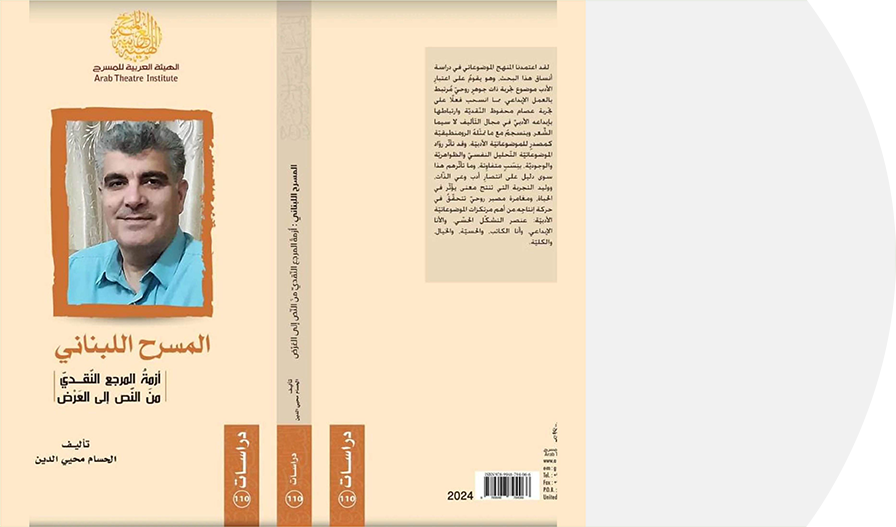
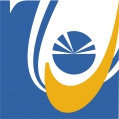
Faculty of Letters & Human Sciences
Two academic achievements for FLHS student Houssam Mohieddine
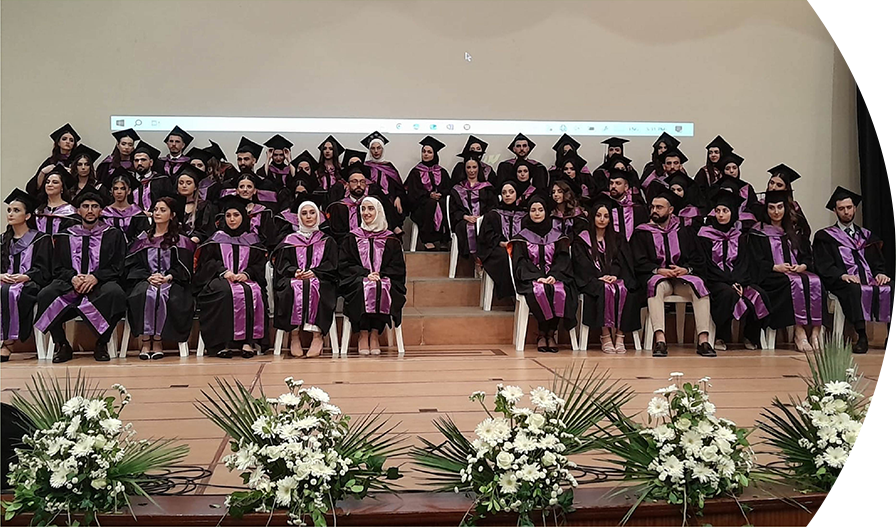
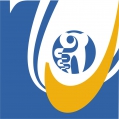
Faculty of Dental Medicine
The FDM celebrates the graduation of its class for the academic year 2022-2023
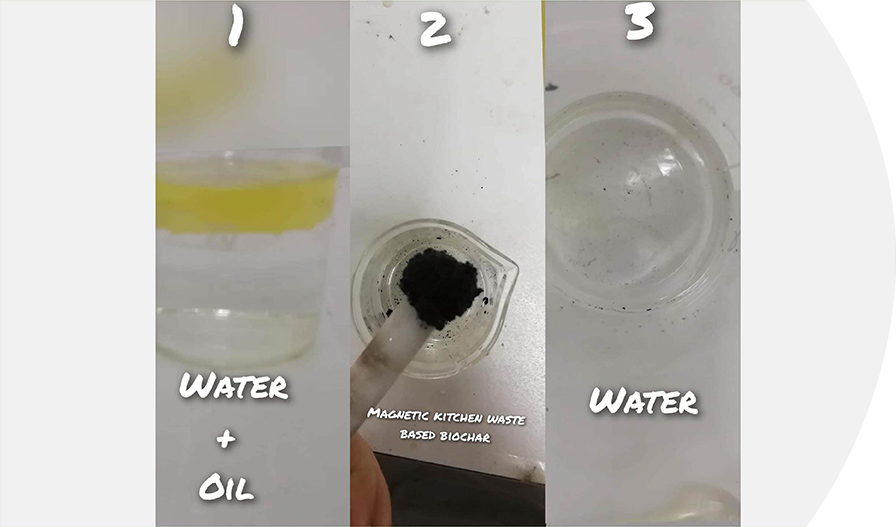
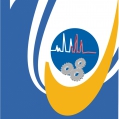
Doctoral School of Science & Technology
LU students Ghinwa Kataya and Ghada Abou Chahine's project wins the GIL HADATH Entrepreneurship Competition
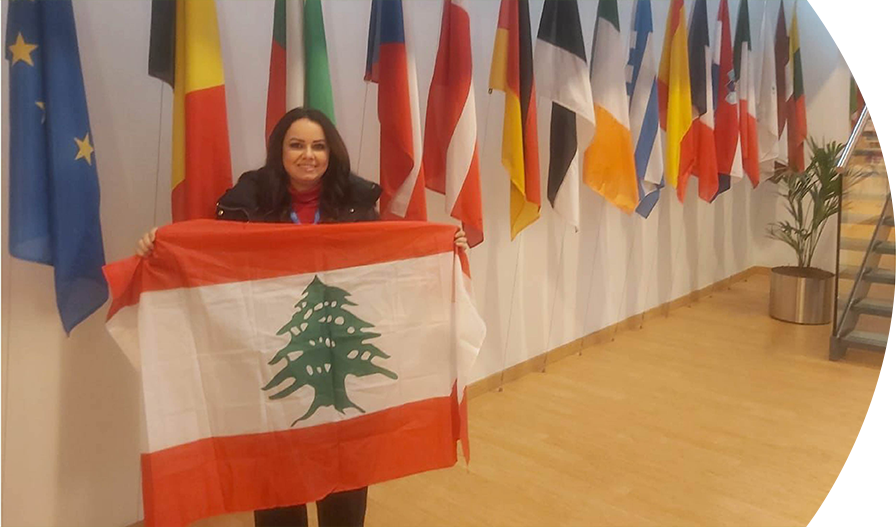
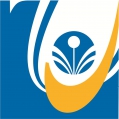
Doctoral School of Letters, Humanities & Social Sciences
LU student Faten Slim wins the "Green Skills Award 2023" from the European Training Foundation
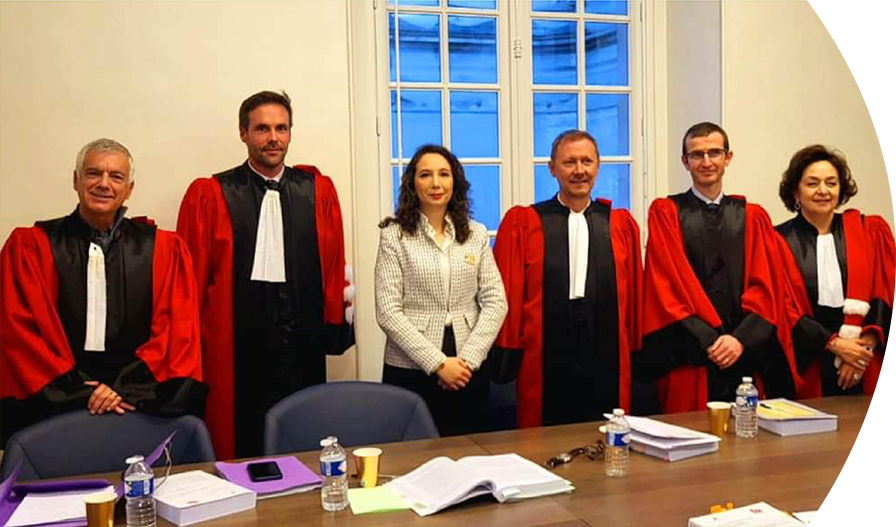
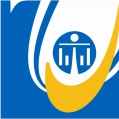
Doctoral School of Law, Political, Administrative & Economic Sciences
LU alumna Ikram Chaer's PhD dissertation wins Panthéon-Assas Prize of Excellence
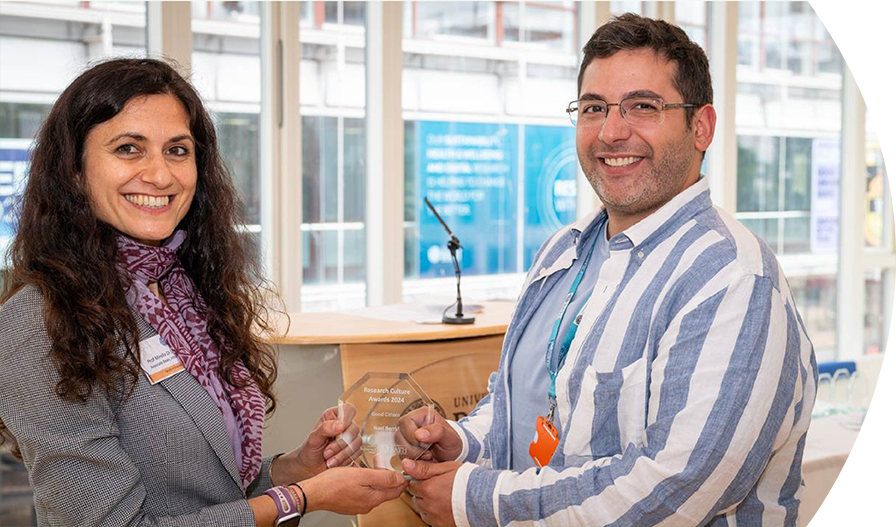
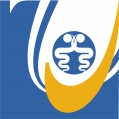
Faculty of Medical Sciences
LU Dr. Nael Berri receives the Award of Excellence from the University of Bath in the UK

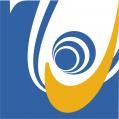
Faculty of Information
Graduate Joelle Hajj Moussa wins the “TELLY AWARDS” International Festival
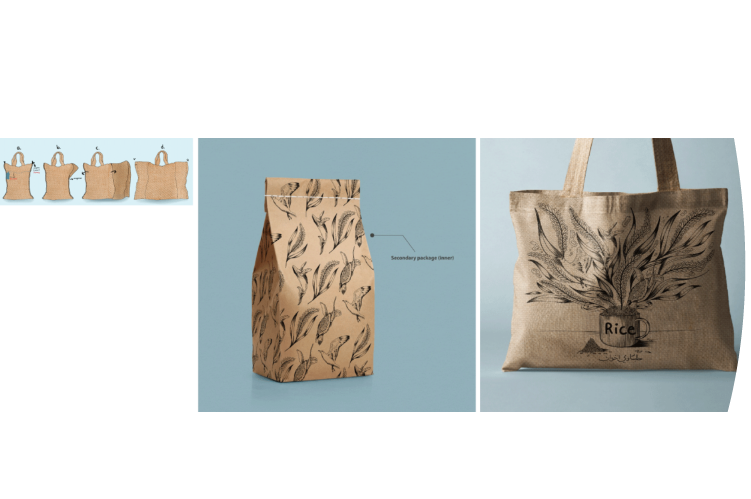
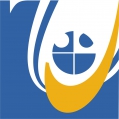
Faculty of Fine Arts & Architecture
Student Zahra Yassine ranks 3rd in the “Arab Student Starpack 2021” competition
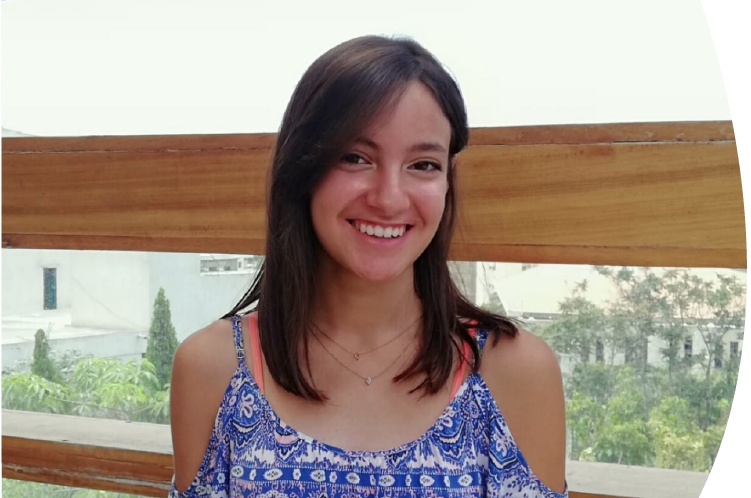
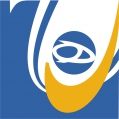
Faculty of Engineering
Student Melissa Akiki among the first in Lebanon and the world in “IAAC-2021”
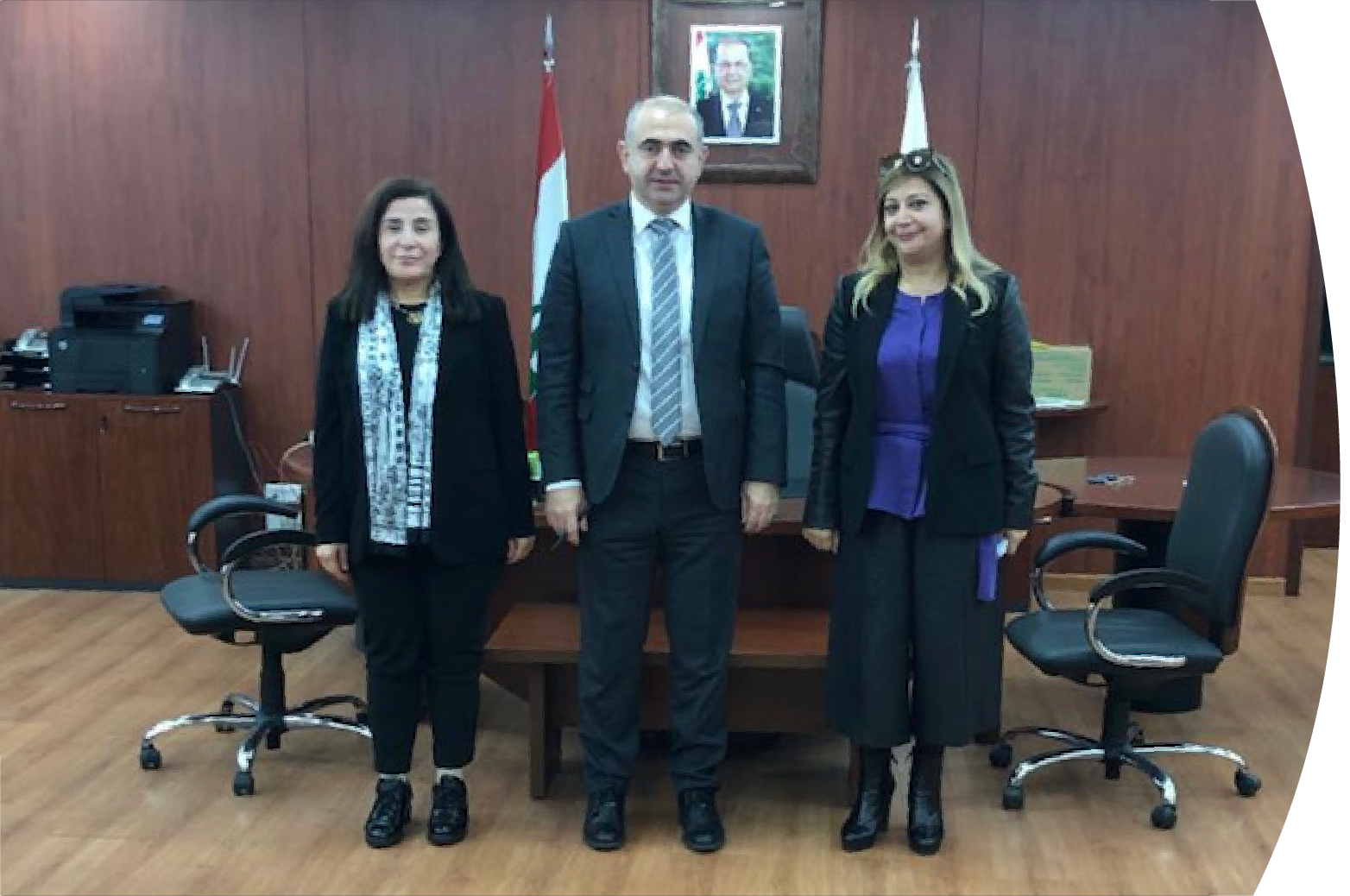
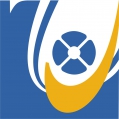
Faculty of Agronomy
The Faculty of Agronomy wins the "PRIMA-section I" program
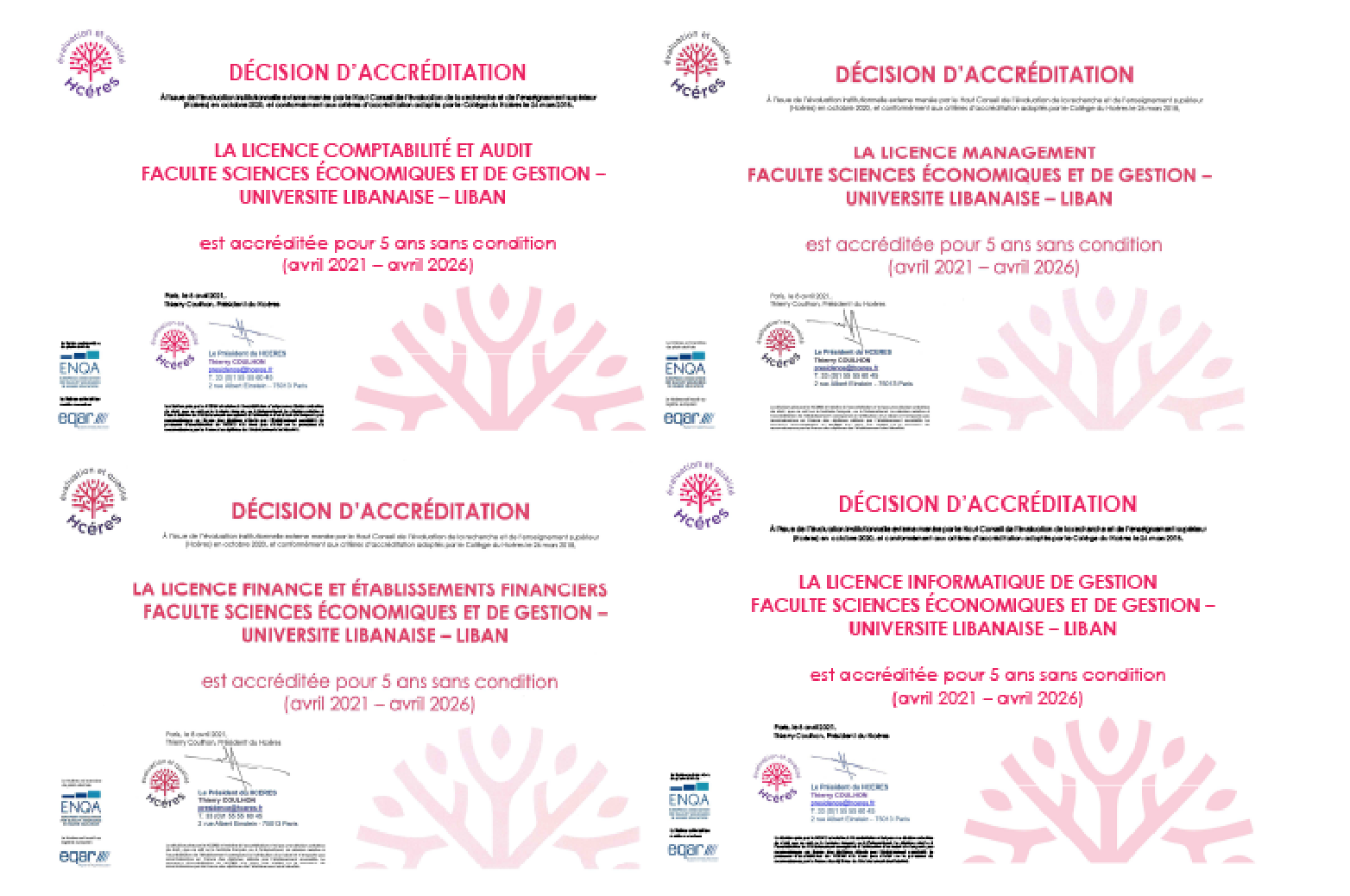
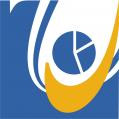
Faculty of Economics and Business Administration
In 2021, the Faculty obtained a certificate of academic accreditation for its programs at the BA level from the French High Council for Evaluation of Research and Higher Education (HCERES), for a period of five years extending to 2026.
Faculty of Technology
The University Institute of Technology was established under Decree No. 8741 of 9 July 1996 and teaching began in the academic year 1997-1998. The name of the Institute was then changed to “Faculty of Technology” under Decree No. 2742 of 20 April 2018, and Saida Center was transformed into Branch 1 and Abey to Branch 2.
The Faculty was established in cooperation with the French government and the Hariri Foundation. It qualifies graduates to work in all technological fields and provides them with the opportunity to undergo vocational training and obtain a double degree from several French universities, under agreements and partnerships concluded with +20 French higher schools and engineering universities.
In 2021, the Faculty obtained a certificate of academic accreditation for all its Bachelor’s programs from the French High Council for Evaluation of Research and Higher Education (HCERES), for a period of five years extending from 2021 to 2026 and without any reservations or conditions.
Available Specializations
Bachelor’s Degree (Branches 1 and 2)
- Civil Engineering/Buildings and Public Works
- Industrial Engineering and Maintenance
- Network Engineering and Telecommunication
- Business Computer
Master’s Degree (Deanship)
- Information System Engineering
- Communication System Engineering
- Geotechnics & Environment
- Mechatronic & Energy Engineering
The Faculty of Letters and Human Sciences (FLHS) was in 1959 and has 5 branches in the provinces of (Mount Lebanon, South Lebanon, Bekaa and North Lebanon) in addition to the deanship. The Faculty also includes two centers, the Center for Languages and Translation, and the Center for Language Sciences and Communication.
In 2021, the Faculty of Letters & Human Sciences obtained a certificate of academic accreditation for its programs, that is, for thirty-seven majors at the Bachelor and Master's levels, from the French High Council for Evaluation of Research and Higher Education (Hcéres).
The Faculty includes also the Literary Research & Studies Center, which was reactivated in 2016.
Available Specializations:
Bachelor & Master’s Degrees in:
Arabic Language & Literature - French Language & Literature - English Language & Literature – History – Geography - Arts & Archeology – Philosophy – Psychology - Comparative Linguistics Engineering - Translation - Applied Living Languages (Spanish, Chinese, Italian).
Bachelor’s Degree (only) in:
Turkish Science – Persian Language & Literature
Master’s Degree (only) in:
Master in Russian-Middle Eastern Relations & Interactions
Admissions
General conditions + Competitive Entrance Exam (in certain specializations)
The Faculty of Dental Medicine at the Lebanese University was established in 1983 as a branch of the Faculty of Medical Sciences, then became independent as a private faculty on 6 April 1999, the date of its establishment decree.
Due to the security events that Lebanon went through, the Faculty of Dental Medicine in Beirut was divided into Branches 1 and 2 between 1986 and 1996, which were directly under the deanship of the Faculty of Medical Sciences and managed by a director or coordinator.
Mission
The Faculty of Dental Medicine aims to prepare students in the field of dentistry through the following:
- Prepare and develop academic and clinical programs based on the science of evidence and critical thinking.
- Ensure an administrative and academic culture in accordance with quality standards.
- Promote scientific research and continuing education.
- Help raising the level of health and preventive education in the Lebanese society.
Vision
The Faculty of Dental Medicine aims to distinguish itself in the preparation of specialists (generalists) in the field of dentistry in Lebanon in accordance with the highest international standards to ensure their integration into the international recognized societies accreditation ranks.
As part of its relationship with its community, the faculty has clinics and laboratories that provide treatment and counseling services to citizens at nominal prices.
Objectives
The faculty aims to:
- Improve academic programs through an annual review based on course evaluation.
- Foster a learning environment that encourages innovation and continuous improvement by publishing dozens of articles annually
- Emphasize competence in curriculum standards.
- Encourage an environment of education and purpose that enhances critical thinking and prepares graduates to become lifelong learning enthusiasts.
- Simplify the academic accreditation process, in particular with regard to the essential criteria for evaluating the quality of educational programs.
- Master's program requires students to attend weekly literature review sessions.
The faculty grants the following certificates:
- Diploma in Dental Surgeon
- Specialized Master in:
- Orthodontics
- Prosthesis
- Restorative and Esthetic Dentistry and Endodontics
- Pediatric Dentistry and Public and Community Dental Health
- Oral Medicine and Maxillofacial Radiology
- Periodontology
- Oral Surgery
- Forensic Dentistry - Anthropology & Human Identity Definition
- Doctor of Dental Medicine (available only to professors of the Faculty of Dental Medicine)
The Doctoral School of Science & Technology (DSST) was established at the Lebanese University under Decree No. 74 of 22 February 2007.
DSST is run by a Dean and a Scientific Council and aims to prepare students to obtain the Lebanese PhD in cooperation with international universities, and grant professors the “Habilitation à Diriger les Recherches” (HDR) certificate.
DSST also provides research services to university researchers, through the three research platforms that include research laboratories in Beirut, Tripoli and Fanar, which are administratively and academically affiliated to the School at its headquarters located in Rafik Hariri University Campus - Hadath.
DSST grants the Lebanese PhD in the following specializations:
- Science & Technology
- Department of Fundamental and Applied Earth and Environmental Sciences
- Department of Fundamental and Applied Life Sciences
- Department of Fundamental and Applied Chemistry
- Department of Fundamental and Applied Physics
- Department of Fundamental and Applied Mathematics
- Department of Fundamental and Applied Information Technology
- Medical Sciences
- Department of Public Health
- Department of Medicine
- Department of Pharmacy
- Department of Dental Medicine
- Department of Veterinary Medicine
- Engineering
- Department of Architecture
- Department of Civil Engineering
- Department of Electrical Engineering
- Department of Mechanical Engineering
- Department of Computer Engineering
- Department of Agricultural Engineering
- Department of Fundamental and Applied Medical Engineering
The DSST adopts a process for accepting students at the doctoral stage, which includes general and specific conditions for accrediting research topics.
First:
Holding a research master’s degree whose date does not exceed three years from the date of submitting the application, with the equivalency thereof from the Ministry of Education & Higher Education, if obtained from a private or foreign university;
The student’s rank shall be among the first half of the successful students in his/her batch, at the master’s level, with an average of no less than 14/20;
The student shall have been granted a scholarship by an official or private institution having a cooperation agreement with the Lebanese University;
The dissertation topic shall be approved (see the conditions below) by the DSST and conducted under the supervision of researchers having the rank of professor or holders of the HDR Diploma, one from the Lebanese University and the other from a foreign university having cooperation agreements with the Lebanese University.
Second: Accreditation of research topics and acceptance of students
Request research professors to submit research topics valid to prepare a PhD in Science & Technology within a specific time period (March and April of each year), noting the following:
Foreign partner university;
Research laboratories, where scientific research will be conducted;
Names of PhD supervisors and their assistants;
Whether or not research funding is available.
Study applications by specialized scientific committees and submit results to the DSST scientific council to approve the accepted and rejected topics;
Allow master’s students to apply for accepted topics (May and June) after their announcement;
Study candidacy applications, conduct interviews with students by scientific committees, and approve a list of those accepted (one student for each approved topic) with a waiting list for each topic;
Approve regulations after their study, resubmit them to the scientific council and announce the results (July);
Allow students to create a registration file and submit the application (September);
Open registration in the first year during the remaining months of the year (between October and late December).
The specializations are distributed to the affiliated laboratories within the faculties and research centers in the DSST, as follows:
- Center for Research and Analysis in Water & Environmental Sciences
- Center for Research in Nanotechnology & its Applications
- Azm Center for Research in Biotechnology & Applications
The Doctoral School of Letters, Humanities & Social Sciences was established in 2007. The Doctoral School is run by a Dean and a Scientific Council.
It aims to prepare students for the Lebanese PhD (first cycle) and train university researchers and qualifies them to manage scientific research projects and supervise dissertations.
It organizes workshops, doctoral days, seminars and conferences aiming to deepen awareness and knowledge of the requirements of scientific research for the PhD student.
The School grants the Lebanese Doctoral Degree and the Diploma of Habilitation to Supervise Research (HDR) in the following specializations:
- Arab Language & Literature
- French Language & Literature
- English Language & Literature
- Psychology
- Philosophy
- History
- Geography
- Archeology
- Translation studies, Language & Communication Sciences
- Social Sciences
- Communication & Information Sciences
- Pedagogy
- Arts & Art Sciences (Visual & Plastic Arts, Urbanism)
The Doctoral School of Law, Political, Administrative & Economic Sciences was established at the Lebanese University under Decree No. 74 of 22 February 2007, as amended.
The Doctoral School is run by a Dean and a Scientific Council, and aims to prepare students for the Lebanese PhD (first cycle).
The Doctoral School undertakes training and qualification of university researchers in managing scientific research projects and supervising dissertations. It provides grants for PhD students according to the regulations in force at the Lebanese University.
The Doctoral School also coordinates the conclusion of agreements with international and regional supportive and donor institutions concerned with financing and supporting scientific research and studies and securing appropriate mechanisms for their implementation.
The Doctoral School grants the Lebanese PhD in
- Law
- Political Science
- Economics
- Business Administration
- Tourism Science
The Faculty of Medical Sciences was established under Decree No. 1118 dated 12 October 1983, and it plays a leading role in education, research and development in various fields of medical care in cooperation with local and external academic and health institutions.
Since its establishment, the Faculty of Medical Sciences paved the way for outstanding young men and women in Lebanon to achieve their ambitions to study medicine, and graduated the best physicians who enjoy high scientific competence, integrated training and high professional ethics.
The Faculty of Medical Sciences seeks to obtain full and comprehensive international accreditation at the level of patient care, medical education and research. It also works to maintain the confidence of the Lebanese public through the quality of its clinical, educational and research programs and encouraging innovation to serve all of these national and international health care needs and the principles of social justice.
The Neuroscience Research Center (NRC) is affiliated to the faculty and aims to enhance the educational attainment of students in neuroscience specializations, in line with the needs of the university and public and private hospitals.
Several applied and research laboratories are also affiliated to the faculty, including: Biology Laboratory, Histology Laboratory, Immunology Laboratory, Chemistry Laboratory, Bacteriology Laboratory, Molecular Biology Laboratory, Physiology Laboratory, ENT Laboratory, Laparoscopy Laboratory, Gynecology Simulator Laboratory, Cardiology Simulator Laboratory
Mission, Vision, Values, and Goals
Mission
The Faculty of Medical Sciences at the Lebanese University (FMS-LU) is a public academic institution committed to the development of socially accountable, scientifically competent, and ethically grounded physicians and health professionals. Through an integrative model that unites education, research, and community-oriented service, FMS-LU seeks to improve health outcomes and promote equity within Lebanon and the broader region.
The faculty nurtures a culture of excellence grounded in quality assurance, continuous improvement, and evidence-based practice, enabling graduates to excel in a dynamic global healthcare landscape. Recognizing its unique mandate as a public institution, FMS-LU explicitly aligns its mission with national health priorities and actively engages diverse stakeholders—including students, faculty, healthcare institutions, policymakers, and communities—in shaping its academic and social agenda.
Furthermore, FMS-LU integrates proactive risk management and strategic foresight to strengthen institutional resilience, ensuring sustainability in an increasingly complex and uncertain healthcare environment. By fostering collaboration, innovation, and inclusivity, the faculty aspires to produce professionals who are not only leaders in clinical competence and medical research but also agents of transformative change committed to serving the public good.
Vision
FMS-LU envisions becoming a leading academic medical institution, nationally and internationally recognized for excellence in medical education, research, and patient-centered care, and distinguished by its unwavering commitment to social accountability. The faculty strives to be a trusted partner of the Lebanese public healthcare system, proactively addressing the evolving health needs of all communities across socio-demographic, geographic, and cultural lines.
Through meaningful integration of educational innovation, scientific inquiry, and community engagement, FMS-LU seeks to contribute to the realization of equitable, inclusive, and sustainable healthcare systems. The faculty is determined to advance academic leadership by embedding robust quality assurance mechanisms, interdisciplinary collaboration, and adaptive risk management frameworks into all institutional functions. Ultimately, FMS-LU aims to serve as a model for responsive, ethical, and impactful medical education in Lebanon and the region.
Core Values
1. Excellence in Medical and Biomedical Education – Commitment to high standards in teaching, learning, and student development.
2. Clinical Competence and Compassionate Care – Promotion of patient-centered care delivered with professionalism and empathy.
3. Scientific Research and Innovation – Advancement of knowledge through rigorous, interdisciplinary, and ethically conducted research.
4. Social Accountability – Responsiveness to the health needs of society through partnerships, service, and policy engagement.
5. Integrity and Professional Ethics – Adherence to the highest moral and professional standards in all academic and clinical activities.
6. Equity, Diversity, and Inclusion – Respect for diverse perspectives, cultures, and backgrounds, fostering inclusive environments.
7. Quality Assurance – Systematic monitoring and evaluation to ensure continuous improvement across all institutional dimensions.
8. Risk Management and Resilience – Anticipation and mitigation of internal and external risks to ensure long-term institutional stability.
9. Health Promotion and Public Engagement – Empowerment of communities through education, advocacy, and preventive care.
10. Lifelong Learning and Faculty Development – Cultivation of a culture that supports continuous personal and professional growth.
The faculty grants the following degrees:
1. Doctor of Medicine
2. PhD in: General Surgery, Orthopedic Surgery, Obstetrics & Gynecology, Urology, Pediatric Surgery or Infantile Surgery, Thoracic and cardiovascular Surgery, Neurosurgery, Plastic and Reconstructive Surgery, Otorhinolaryngology Head and Neck Surgery, Ophthalmology, Anesthesia and Reanimation, Pediatrics, Pathology, Psychiatry, Internal Medicine, Cardiology, Gastroenterology, Radiology, Nephrology, Rheumatology, Neurology, Hematology Oncology, Infectious Diseases, Endocrinology, Pneumology, Dermatology, Laboratory Medicine, Neonatology, Pediatric Hematology Oncology, Emergency Medicine, Geriatrics, Intensive Care Medicine.
3. University Diploma in: Loco Regional Echo Guided Anesthesia, Medical Research, Clinical Research, Laparoscopic Surgery, Body Damage Reparation, Ethics, Basics of Clinical Management of Weapon-Wounded Patients, Hypertension and Cardiovascular Risks, Arthroscopic Surgery, Obstetric & Gynecological Echography.
The Neuroscience Research Center grants the following degrees:
1. Research Master in Neuroscience
2. Research Master in Neuropsychology
3. Research Master in Neuroimaging
The Faculty of Information was established on October 5, 1967, under the name of the “Institution of Press”, as a center for media development and media personnel training, pursuant to Decree 11020, dated October 7, 1968. The name of the institution was then amended on March 24, 1975, to become the “Faculty of Information and Documentation”.
On December 20, 2012, pursuant to Decree 9586, the name “Faculty of Media and Documentation” was amended to become the “Faculty of Information”. The Faculty includes two branches, in UNESCO and Fanar.
On April 20, 2016, the Lebanese University Council authorized the establishment of a research center in the Faculty of Media; the research center includes the following divisions: Department of Research, Department of Research and Documentation, Center of Media Development & Media Personnel Training.
In 2020, the faculty obtained the academic accreditation for all its programs in the Bachelor and Master’s levels from the High Council for Evaluation of Research and Higher Education (HCERES) for five years without any requirements.
Admission Requirements:
- Candidates shall be holder of the Lebanese Baccalaureate, or its equivalent;
- Candidates shall complete successfully the written Competitive Entrance Exam (CEE) conducted by the faculty annually.
Academic degrees:
The Faculty grants the Bachelor degree in various specializations according to the BMD system (6 semesters in 3 years) and the research and professional master’s degree.
Bachelor:
- Printed Journalism & Digital Media
- Radio & TV
- Advertising & Marketing Communication
- Public Relations & Corporate Communication
- Information Management
- Data Science
Professional diploma in Journalism
Research Master:
- Journalism & Communication Sciences
- Francophone Press
Professional Master:
- Journalism & Media
Digital Journalism
Economic & Development Journalism
Health & Environmental Journalism
- Public Relations & Corporate Communication
Enterprise & Digital Communication
- Information Management
Admission
General conditions + Competitive Entrance Exam (CEE)
Join us on Facebook
The Faculty of Fine Arts & Architecture was established under Decree No. 3107 dated 10 November 1965 under the name "Institute of Fine Arts". The name of the faculty was then modified to "Faculty of Fine Arts & Architecture" under Decree No. 1065 dated 14 July 2017.
The Institute of Fine Arts was launched since its establishment from the Grand Serail building in Downtown Beirut. Following the outbreak of the civil war in 1975, Branch 1 opened in Raouché and Branch 2 in Furn El Chebbak. The Institute of Fine Arts started in Tripoli as a section in 1980 to become Branch 3 in 1985, and Branch 4 was opened in Deir El Qamar in 1986.
The “Center for Restoration and Preservation of Monuments and Historic Sites” established under Decree No. 11342 of 19 July 1997 is affiliated to the faculty. The Center seeks to achieve a number of goals, including making cities and human settlements comprehensive, safe, flexible and sustainable.
Available Specializations
Bachelor’s Degree
- Architecture
- Interior Design
- Fine Arts
- Theater
- Theater and Audiovisual
- Graphic Design, Sketching and Visual Communication
Master’s Degree
- Architecture
- Interior Design
- Fine Arts
- Graphic Design, Sketching and Visual Communication
- Theater Directing
- Actor Training
- Film Directing
- Cinematography
- Fine Arts - Mural Arts (available in Branch 3)
Admission
General conditions + Competitive Entrance Exam (CEE)
The Lebanese University established the Faculty of Engineering under Decree No. 9305 dated 21 October 1974. However, the Faculty began its operations in 1980, as the third Faculty of Engineering in Lebanon and the ninth Faculty of the Lebanese University.
The Faculty of Engineering is one of the first applied faculties to choose students based on an entrance exam and provide world-class majors in all the fields of engineering. It is keen to keep pace with the progress in this field through scientific research and meeting the needs of the local, regional and international job markets. An Engineering and Scientific Research Center established in 2014 is affiliated to the Faculty.
In 2019, the Faculty obtained the “European Accredited Engineer” (EUR-ACE) from the “Commission des Titres d’Ingénieur” (CTI).
The Faculty includes three branches, alongside the deanship: Branch 1 (President Michel Sleiman university campus- Ras Maska – North Lebanon), Branch 2 (Collège des Soeurs Antonines – Roumieh – Metn), Branch 3 (Rafic Hariri University Campus – Hadath)
The Faculty includes five academic departments
- Common Core Department (first and second year);
- Civil Engineering;
- Electrical and Electronic Engineering;
- Mechanical Engineering;
- Industrial Chemistry and Petrochemical Engineering.
Available Specializations:
- Civil Engineering;
- Electrical and Electronic Engineering;
- Mechanical Engineering;
- Industrial Chemistry and Petrochemical Engineering.
The Faculty grants the students in each specialization
- An Engineering Diploma (5 years)
- A Research Master
- A Specialized Master
Degree in Engineering
- Civil Engineering:
- Hydraulics
- Structures & Building
- Public Works & Transportation
- Geotechnics
- Electrical & Electronic Engineering:
- Computer & Communications
- Industrial Digital Control - Power & Control
- IT
- Mechanical Engineering:
- Energy & Environment
- Mechatronics
- Construction & Energy
- Industrial Mechanics
- Industrial Chemistry & Petrochemical Engineering:
- Industrial Chemistry & Petrochemical Engineering
- Petrochemical Engineering
- Oil Engineering
Research & Specialized Master
- Civil Engineering:
- Geotechnics
- Natural Risks in Civil Engineering
- Hydrosciences
Specialized Tracks in Civil Engineering:
- Highway Transportation & Traffic Engineering
- Petroleum Works (Chemical Engineering & Civil Engineering)
- Electrical & Electronic Engineering:
- Renewable Energy
- Telecommunications & Networks Security
- Technology of Medical & Industrial Systems
- Robotics & Smart Systems
- Mechanical Engineering:
- Numerical Mechanics
- Mechanics of materials
Admission
General conditions + Competitive Entrance Exam (CEE)
The Lebanese University - Faculty of Agronomy was established under Decree No. 9306 dated 21/10/1974, and became operational at the beginning of the academic year 1985-1986 in the major of Agricultural Engineering.
With the beginning of the academic year 1996-1997, the Faculty branches were merged (Branch 1 in Beirut, UNESCO and Branch 2 in Sin El Fil, Horch Tabet). The Faculty then relocated to its current building in Dekwaneh in 2006 and teaching began in the major of Veterinary Medicine in the academic year 2006 - 2007.
"Ghazir Center for Scientific Research and Training" is affiliated to the Faculty and became operational in 2008. The Center is a leading site involved in scientific experiences in the field of agricultural, animal and food production and the development of agricultural knowledge, in addition to the services it provides to the agricultural sector in Lebanon.
The faculty also includes laboratories in physics, food technology, food processing, natural microbiology, soil, plant protection, plant production, environmental engineering, chemistry, basic science, veterinary, animal production, and atomic absorption.
Available Specializations
Agricultural Engineer Diploma
- Agricultural Economics
- Environmental Engineering
- Environmental / Forestry Engineering
- Geoscience & Natural Resources
- Landscape Engineering
- Territorial/Landscape and Heritage Engineering
- Plant Production
- Plant Protection
- Food Science and Technology
- Animal Science and Technology
Veterinary Diploma
- Poultry & Cattle Medicine
- Pet Medicine
- Quality Control of Foodstuffs of Animal Origin
Admissions
General conditions + Competitive Entrance Exam (CEE)
Successive Directors – Branch 1
- Dr. Jamal Bourji: 1987 – 1992
- Dr. Ibrahim Hrajli: 1992 - 1996
Successive Directors – Branch 2
- Dr. Amal Saad: 1985 – 1988
- Dr. Khalil Bitar: 1988 – 1994
- Dr. Samih Hajj: 1994 – 1996
The Faculty of Economics and Business Administration was established in 1967 under the name “Faculty of Commerce” and was then renamed in 1970. It includes six geographically distributed branches: Branch 1 (Beirut – Hadath), Branch 2 (Achrafieh), Branch 3 (Tripoli), Branch 4 (Aley), Branch 5 (Nabatieh), and Branch 6 (Rashaya) in addition to the Deanery in Rafik Hariri University Campus - Hadath.
The Faculty aims at developing highly skilled and specialized professionals in a field that has become the backbone of modern life, as economies are now intertwined due to globalization. The Faculty is keen to establish partnerships with enterprises of the public and private sectors, either for cooperation and staff training or for student internships.
In 2020, the Faculty obtained the certificate of accreditation from the “Association of Accredited Schools of Business” (AASBI), an American accreditation agency for business schools around the world, after presenting its candidacy for the first time.
The certificate, valid from 1 January 2020 to 31 January 2023, was awarded in recognition of compliance with the Institute’s Generally Accepted Education Principles, in the fields of business administration science offered by the Faculty to its Bachelor and master's degree students.
In 2021, the Faculty obtained a certificate of academic accreditation for its programs at the BA level from the French High Council for Evaluation of Research and Higher Education (HCERES), for a period of five years extending to 2026.
Without any reservation or conditions, HCERES granted the Faculty a certificate of academic accreditation for the quality of the bachelor's degree programs in Accounting & Auditing, Finance & Financial Institutions, Management, and Computer Management.
The Faculty established the Center for Sustainability and Gender Equality, under the agreement signed between the Lebanese University and the European Union within the Erasmus+ FREE program. The Center aims at strengthening university partnerships in the field of gender equality in the world of business, management and sustainability in the higher education sector.
The Faculty grants the following degrees:
Bachelor:
- Economics
- Accounting & Auditing
- Finance & Financial Institutions
- Management
- Marketing
- Computer Management
Master:
- International Economics & Finance
- Financial Economics & Banking
- Accounting & Auditing
- Finance & Financial Institutions
- Management
- Marketing
- Computer Management
Admission
General conditions + Competitive Entrance Exam (CEE)
 News
News
14
Benefit from joint PhD scholarships and apply before 31 July 2025

05
Dates for 2025-2026 First-Year CEE to the Faculty of Engineering

05
Call for applications for Erasmus+ ACTION 1 mobility programs / Nantes University

28
Call for applications: DSST PhD scholarship - UT/INSA network until 23 May 2025

25
List of approved teaching instructors at the Faculty of Pharmacy for the academic year 2024-2025

Branches ــــــــــ
Branch 1
Branch 1
Address:
Phone No.:

Branch 1
Address:
Phone No.:

Branch 1
Branch 1
Address:
Phone No.:

Branch 2
Address:
Phone No.:

Branch 2
Address:
Phone No.:

Branch 2
Address:
Phone No.:

Branch 2
Address:
Phone No.:

Branch 3
Branch 3
Branch 3
Address:
Phone No.:

Branch 4
Center for Restoration and Conservation of Historic Monuments and Sites
Branch 5
Branch 6
مركز الأبحاث ــــــــــ
Scientific Research Center in Engineering
GET IN TOUCH ــــــــــ

Address:
Bahaeddine Hariri Complex, Al-Hasbah Street, near Zahra Complex, Saida

Address:
Deanship of the Faculty of Letters and Human Sciences, behind George Matta Gallery, Main Road, Dekwaneh

Address:
Rafic Hariri University Campus, Hadath

Address:
Nouman Abu Sulaiman Building, Opposite to Al Habtoor Hotel, Sin El Fil

Address:
Nouman Abu Sulaiman Building, Opposite to Al Habtoor Hotel, Sin El Fil

Address:
Rafic Hariri University Campus, Hadath

Address:
Kalot Building, 7th & 8th Floors, Tayouneh Roundabout, Beirut

Address:
Opposite to Maarbes Hospital, Furn El Chebbak

Address:
Rafic Hariri University Campus, Hadath

Address:
Faculty of Agronomy Bldg., University Street, behind Matta Gallery, Dekwaneh

Address:
Rafic Hariri University Campus, Hadath
 LU Services
LU Services
 League of Retired Professors
League of Retired Professors
 News
News
 Vacancies
Vacancies
 International Relations
International Relations
 Contact Us
Contact Us
 Email
Email

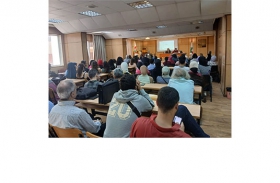





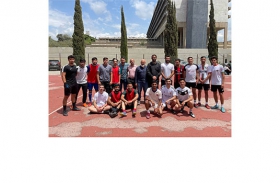
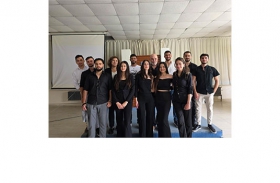
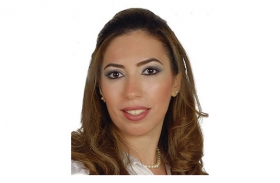

 Announcements
Announcements